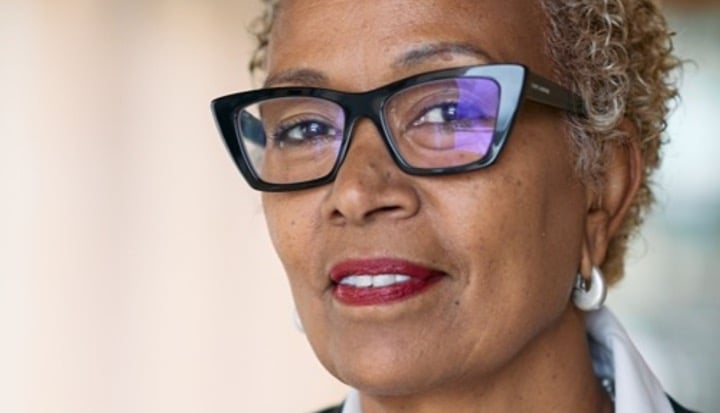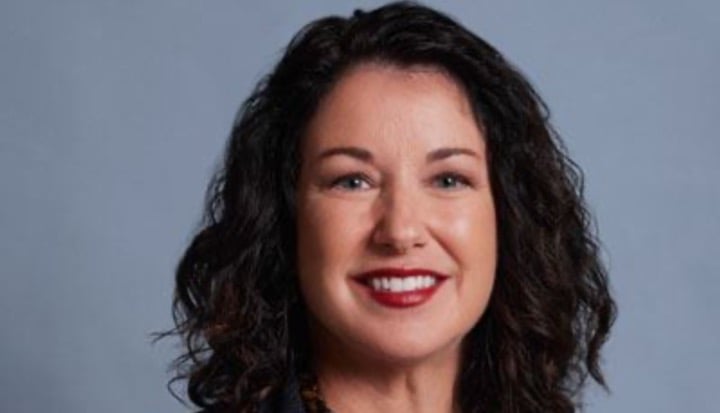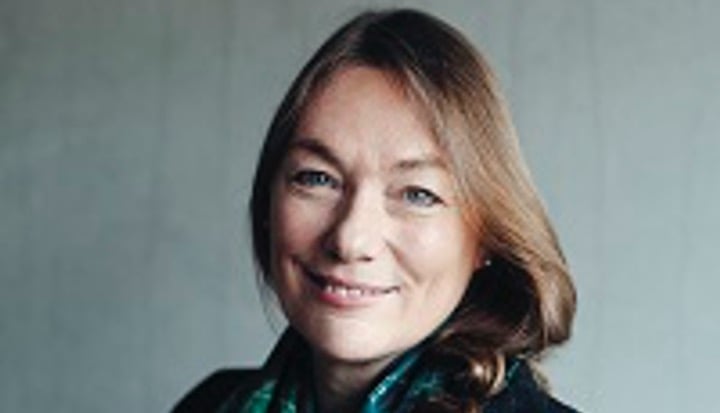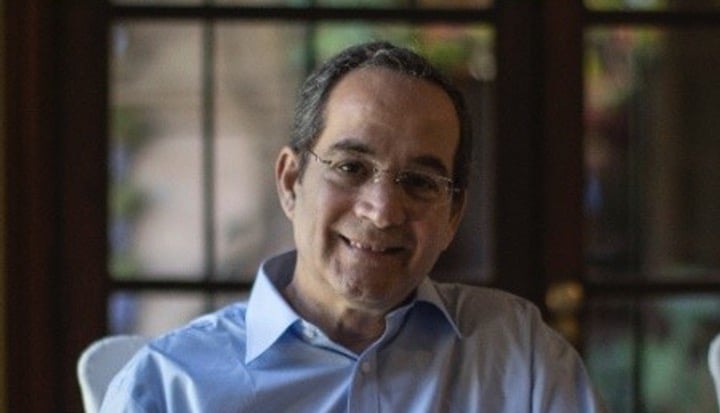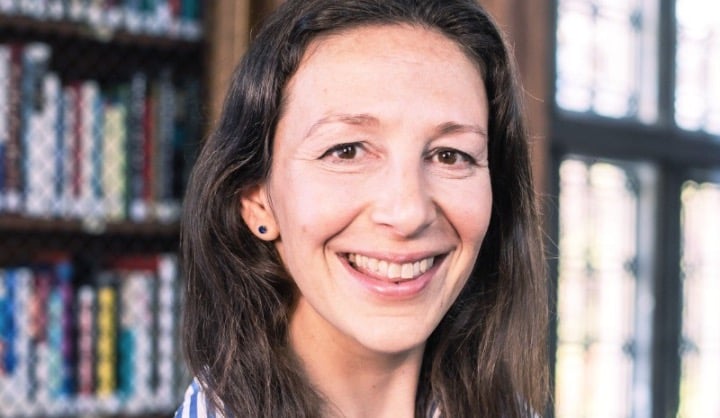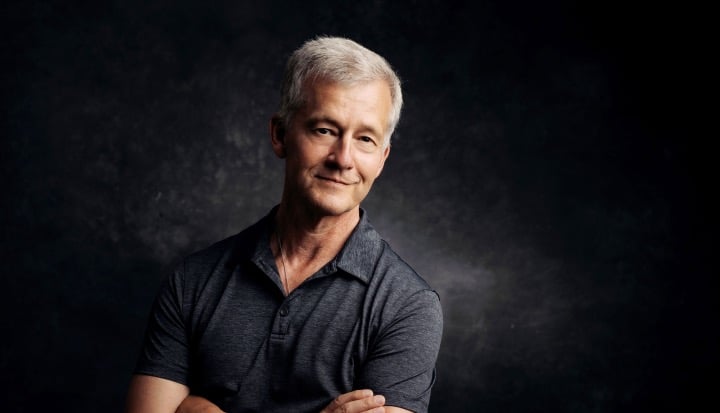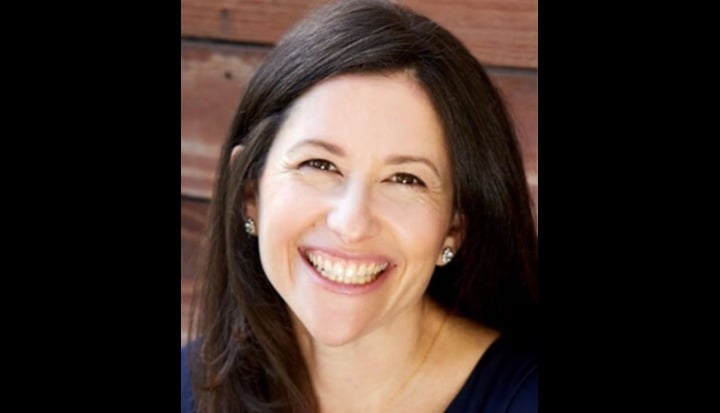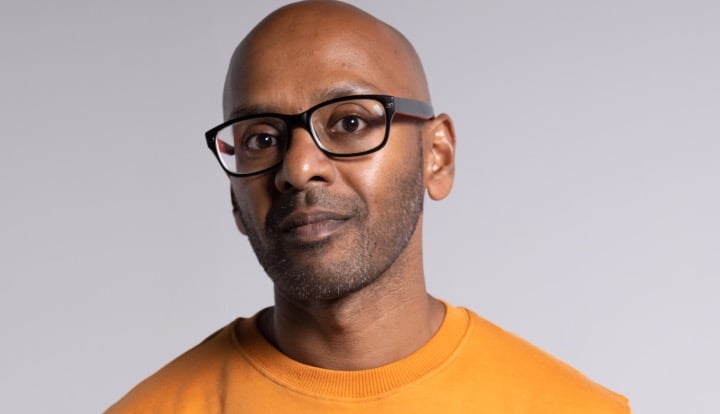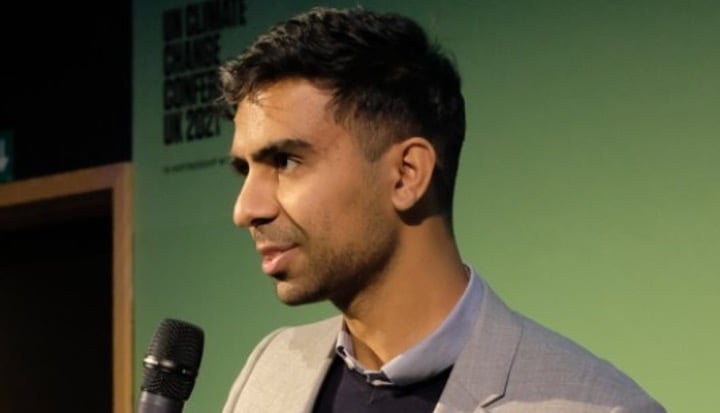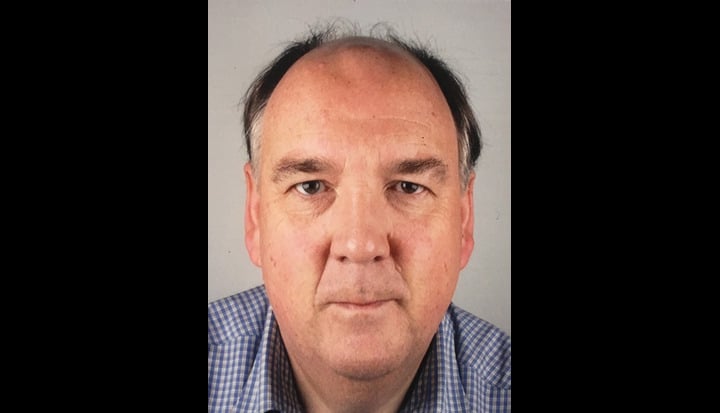BFP: What do you do?
 EH: I am a director at ClimateCare. Started in 1997 ClimateCare was originally set up to help large corporates take responsibility for their unavoidable carbon emissions. Of course, since then the world has moved on. Businesses are now well aware of their carbon and other impacts and whilst we still help organisations offset their carbon emissions, our focus is now on developing integrated environment and CSR programmes that make both positive environmental and social impacts, for example improving access to safe water, cutting carbon emissions and improving health, in a measurable way.
EH: I am a director at ClimateCare. Started in 1997 ClimateCare was originally set up to help large corporates take responsibility for their unavoidable carbon emissions. Of course, since then the world has moved on. Businesses are now well aware of their carbon and other impacts and whilst we still help organisations offset their carbon emissions, our focus is now on developing integrated environment and CSR programmes that make both positive environmental and social impacts, for example improving access to safe water, cutting carbon emissions and improving health, in a measurable way.
‘Carbon for Water’ is a project that distributed 877,000 water filters in Western Kenya in April 2011. It displaced the boiling of water on open fires, generating 2.7 million tons of emission reductions every year. As a result 877,000 households, almost 4.5 million people, now have sustainable access to safe water. ClimateCare contributed to the ‘Carbon for Water’project by structuring the finance and writing the original methodology. This allowed the calculation of carbon emissions savings.
All of our projects must do three things, 1) reduce emissions, 2) have a positive impact on poverty or health, and 3) have a profitable outcome. The reason we look for a profitable outcome is that our overall objective is to leverage capital markets into funding climate and development challenges. We look for ways of bringing new, additional private sector investment into things that have traditionally been development projects.
BFP: What is the best part about your job?
EH:There are many great parts to my job – working with an inspired and motivated team and partners, having the freedom to innovate and take a few risks and being constantly and pleasantly surprised at just how much one small team can actually achieve. But as I live my privileged developed world life, if I had to single out one thing – above all others – it is when I make it out to a project that we have been involved in and I meet someone – a person, not a number, or a statistic – an inspirational person who is doing so much with so little and whose life has been changed, affected, improved in some small way – that is when I know we, and others like us, are really making a difference.
BFP: What have been your greatest challenges?
EH: As many of us at ClimateCare come from a scientific and engineering background, rigorous measurement is important to us, and the reason we were able to develop methodologies accepted by the Gold Standard and Clean Development Mechanism (measurement bodies).
Our robust view of measurement was strengthened further we were acquired by JP Morgan in 2008 (we bought ClimateCare back again in 2011). One of the key things we learnt whilst there was a very stringent approach to financial measurement and managing risk.
This knowledge and expertise has stood us in good stead, however, the real challenge now is to apply this depth of knowledge to help us devise ways to measure development outcomes and impacts. We can’t measure all development outcomes, but those that we can, we absolutely should. It’s important not to let the difficulty put us off measuring at all.
Another challenge for our sector is to spend less time being intra-critical and more time moving forward together. If we all put as much energy into moving forward as reviewing each other’s methods, we would achieve a lot more. That isn’t to say that peer review and constructive criticism is not necessary- it absolutely is.
BFP: How have you overcome these challenges?/ What is the secret of your success?
EH: We used to come up against scepticism about offsetting. We looked at the situation from a purely pragmatic, scientific point of view – we want to reduce emissions and limit global warming. The way we talk to customers is to always go back to the facts.
Now what we’re trying to do is to make it more profitable to fund action to tackle the critical issues the world faces today including global poverty, environmental degradation and climate change. Ultimately, our aim is to make it more profitable to fund positive action than to fund high carbon or non-positive actions. The day this happens, will be the day we can leverage a large part of the capital markets and the day that a large proportion of the world’s problems start to be solved. If it becomes more profitable to tackle climate change than to cause climate change we will be in a very different position to that we are in today.
Much of the resistance we face to our approach today is philosophical resistance about the motives of the corporates and the capital markets. However, I would say that their motives are very clear – they want to make a return on their investment. If they can do that, and have a positive impact at the same time, then that is fantastic, for them and for the world as a whole.
BFP: If someone wants to do what you do, where should they start?
EH: The way to start, as in all of these things, is to pick up the phone to organisations that are working in this area and say you’d like to come and work with them. Or if they are already within the ‘business fighting poverty’ arena – they should see if they can get something running in the environment they are already working in. Maybe you can reach out and collaborate with another organisation- like ClimateCare or DFID, for example. This will of course be a big challenge. However, when we look for people, it is for those that understand that this area is challenging, but are committed to the hard work of innovation.
Be prepared to take a step backwards into the world you want to work in. My own experience is that I was quite a senior director in the internet space and some time ago I decided I wanted to do something much more positive. I had key transferable skills – I understood finance and I understood management. I looked around for an organisation that had a gap, where my skills would be useful, and that’s how I came to ClimateCare.
I had to take quite a step back career wise and actually had to move my family across the other side of the world from Australia back to the UK. Whilst it may seem difficult at the time, it only tends to be for a couple of years and it’s worth it if you want to do something you’re very passionate about.
BFP: Finally; what do you hope to get out of being part of the BFP community?
EH: We see things on Business Fights Poverty at least once a week that are emailed around to everybody in our organisation. There are two reasons for that; the first, that we see an opportunity and the second, inspiration – it’s a good reminder that others are out there doing fantastic things.
We see a lot of innovation on Business Fights Poverty – we see a lot of very passionate, focused people doing positive things, even at times like these, with the economic crisis, when it is hard to get resource and finance applied to these types of projects. I think Business Fights Poverty is great; it gives us inspiration- both practical inspiration, that we can apply, and also general feel good inspiration.
Thank you to Edward Hanrahan for taking the time to do this interview.
We’re always looking out for members to feature. Help us by taking two-minutes to update your profile, or by nominating someone for Business Fights Poverty Member of the Week.
Read previous Member of the Week interviews here.

